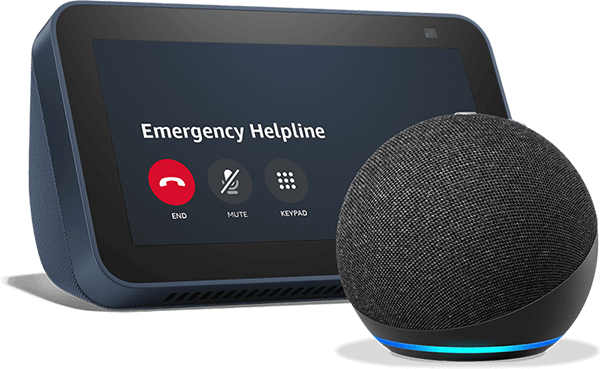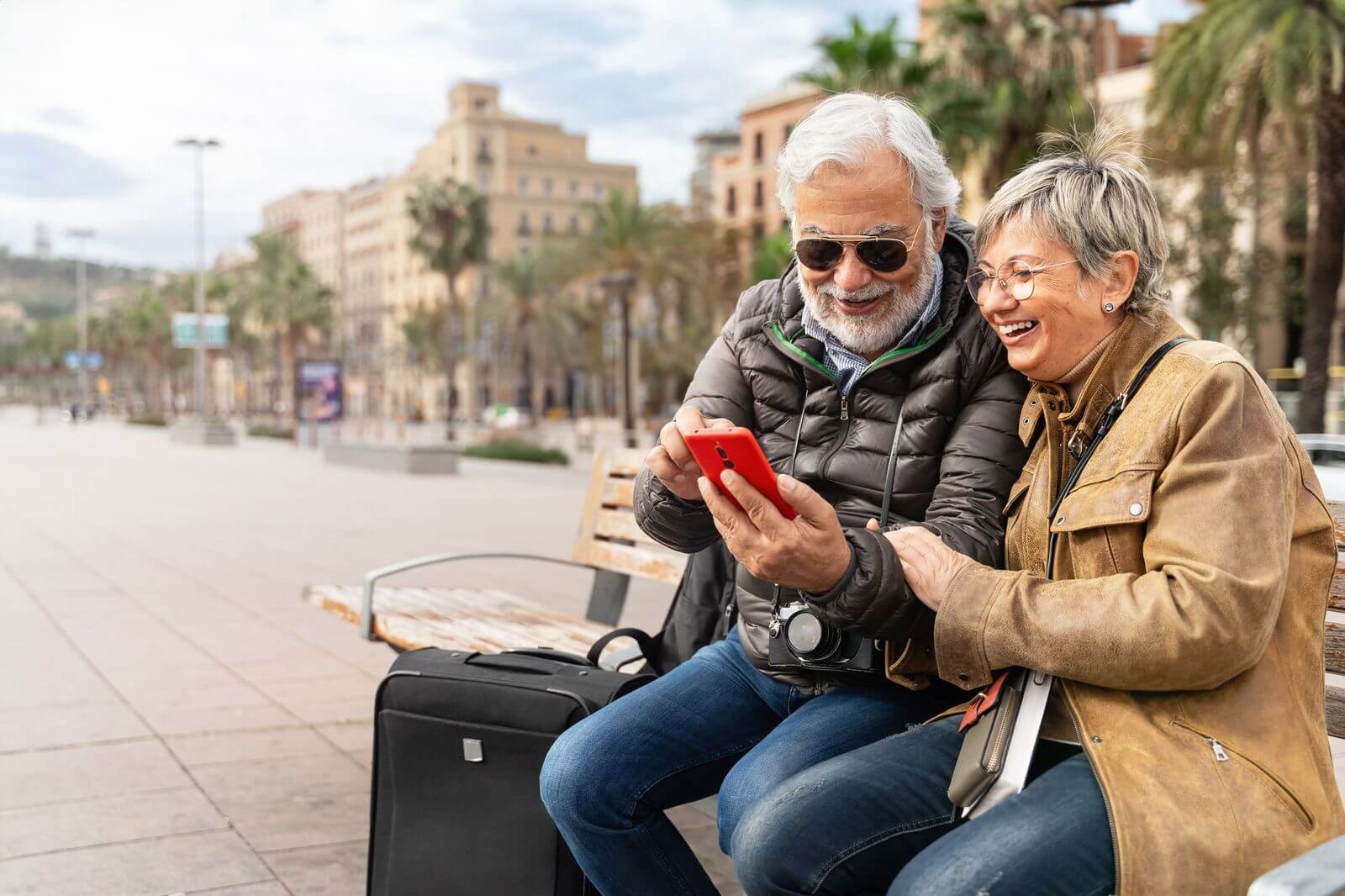
Living at home independently and safely can become more difficult as a person ages, but it is possible to stay in the home you love with the right support. In-home care services can help seniors with everyday tasks that become more challenging with pain, cognitive decline, or mobility limitations. Personal care is a category of home care that provides assistance with daily personal tasks, and it might be the solution you or your parent needs to live at home safely. Here, we explain personal care services and how they help older adults age in place with safety and comfort.
What are personal care services?
Personal care services assist an older adult with activities of daily living or instrumental activities of daily living. Activities of daily living (ADLs) are fundamental tasks that a person needs to complete every day and include bathing, dressing, feeding onself, toileting, ambulating (moving around), and transferring (moving from one place to another, like from bed to a chair). Instrumental activities of daily living (IADLs) are a different types of tasks, such as cleaning the home, grocery shopping, washing laundry, preparing meals, and other related activities.
Personal care services help seniors stay in their communities and homes because the daily help with completing ADLs and IADLs is brought to the clients in their homes. Having these services in the home helps older adults live at home when they might otherwise be unable to live independently. Getting in-home personal care services is an alternative to moving to a senior living community, such as a continuing care retirement community, assisted living, or nursing home.
Examples of personal care service tasks
Home care is a wide umbrella term for many services that a senior can bring into the home. Some may need help distinguishing personal care services from others, like homemaker services. Some examples of tasks clients can get help with through personal care services can include
- • Showering or bathing, including verbal or physical cueing or hands-on assistance.
- • Dressing and undressing.
- • Grooming tasks, including brushing teeth, denture care, shaving, hair styling, and makeup.
- • Transferring, such as getting in and out of a chair or bed.
- • Ambulation, which might include cueing the senior to use their mobility device correctly or using a gait belt to walk steadily beside the person.
- • Toileting and incontinence management.
- • Eating, which can include giving verbal cues for mealtimes or step-by-step support with eating or drinking.
Notice how these tasks all relate to everyday tasks related to being clothed, clean, and fed. A personal care services caregiver may not cook the meal but may help a client eat it. Some home care providers can arrange for their staff to help you with both types of tasks, so be sure to ask them if you or your loved one needs help with both.
Who provides personal care services?
Caregivers who assist with personal care service tasks are professional caregivers who are staff members of home care agencies. They are typically not licensed medical professionals, but meet requirements to assist with personal care tasks.
Seniors and their families can hire these caregivers through home care agencies. Personal care services given to a senior who pays out of pocket for their home care services can be provided by a caregiver who works for a nonmedical home care agency. Seniors with Medicaid who qualify to receive in-home services through a waiver must work with an independent or agency-based personal care attendant (PCA). Medical home health agencies can also offer personal care services, which might be carried out by a certified nursing assistant (CNA).
Is personal care right for my loved one?
If your loved one struggles with keeping up with activities of daily living, personal care services can be just what they need to remain healthy in their home. Poor hygiene, for example, can quickly lead to a breakdown in skin integrity, which can cause sores, wounds, or rashes.
Your loved one might benefit from assistance with one or more of their activities of daily living through personal care services if:
- • You’ve noticed them wearing the same clothing repeatedly.
- • They look unkempt or do not follow their usual grooming style.
- • They have a history of falling in the past six months.
- • They have pain or stiffness.
- • They have lost or gained weight unintentionally over the past six months.
Paying for personal care services
Medicare typically doesn’t cover the cost of home care services because these tasks are not medical care tasks. So, it is up to the senior to pay for personal care services. Paying out of pocket for home care is also called “private pay.” Seniors can expect to see hourly rates for personal care services.
Private pay options for covering home care costs like personal care services can include retirement savings, other retirement income, long-term care insurance, or life insurance, in some cases. You might be able to offset the costs by utilizing Veterans benefits if your loved one is eligible.
Personal care services can also be covered under a Medicaid waiver. These waivers, typically called home- and community-based services (HCBS) waivers, are given out by the state your loved one lives in if your loved one qualifies. You can learn more about application and eligibility on the Medicaid website, or you can contact your local Area Agency on Aging or senior services department to learn more.
Since Medicare is health insurance and personal care is not considered medical in nature, Medicare typically does not cover it if that is the only care the senior needs. However, medically necessary part-time or intermittent home health aide care can be covered if the senior is receiving skilled nursing care at the same time. If this is the case, Medicare might cover some of the costs as long as a Medicare-approved physician prescribes the care and deems it medically necessary and a Medicare-certified home health agency provides it.
Finding personal care services
If you believe that your loved one would benefit from personal care services, begin by looking for home care agencies near your loved one’s location. Narrow down your choices based on online reviews and recommendations from friends, neighbors, and physicians. Most home care agencies offer free consultations, which allows you to interview a few of the agencies at the top of your list before making an informed decision.
Personal care services assist older adults, keeping them safe and healthy in the home. If you or your loved one needs assistance with personal care tasks but wishes to remain in their home and community, this could be the right solution. By knowing the details about personal care services, you can make the best decision for your situation.








